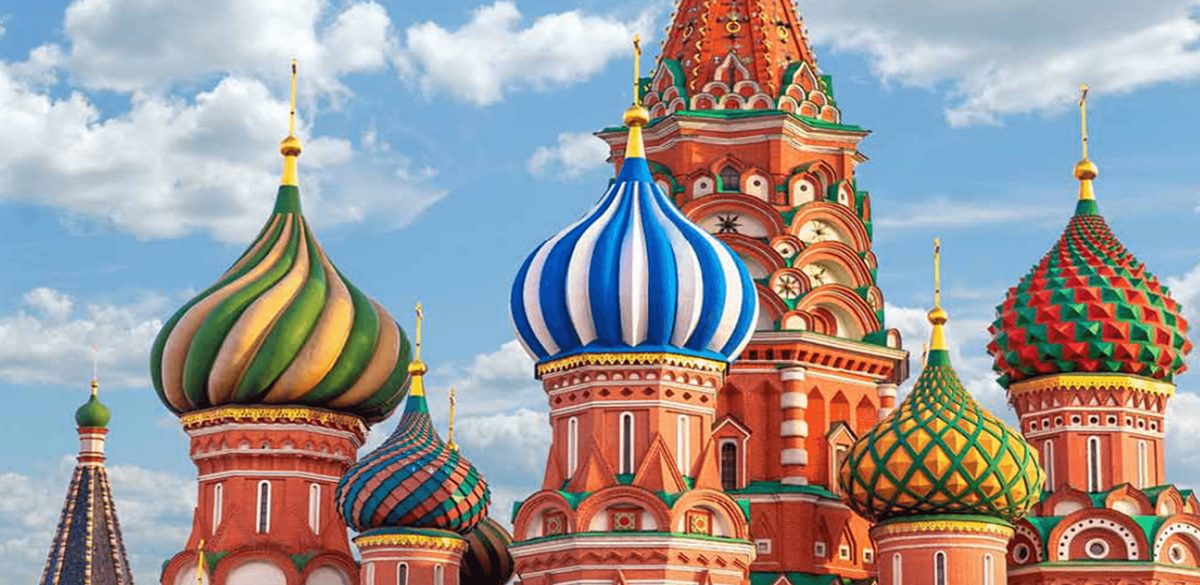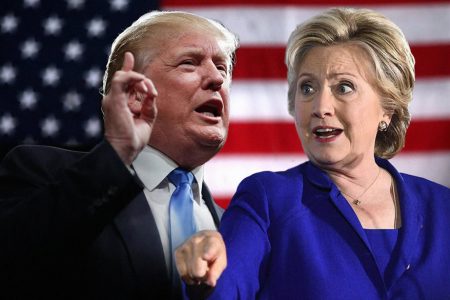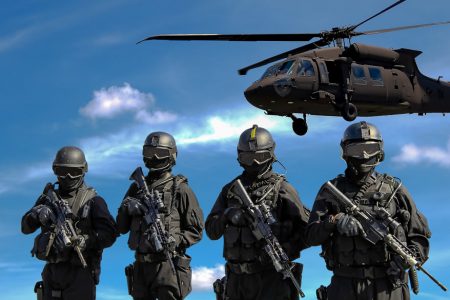NATO’s former Supreme Allied Commander Europe and today the Dean of the Fletcher School of Law and Diplomacy in Medford, Massachusetts, retired Admiral James Stavridis, observes that understanding Russia today can be aided by reading the great Russian writers of the past. A variant of this theme is to view Russia through the lens of its dark humor. Consider this incisive tale.
While plowing his field, a peasant named Nikolai stumbled across a bottled genie. In exchange for his freedom, the genie promised one wish. However, there was a stipulation. Whatever Nikolai received, his neighbor Igor would get twice as much. Nikolai hated Igor. After thinking for a moment, Nikolai gave the genie this request. “Pluck one of my eyes out.”
The history of Russia has been one of supreme ambivalence. Stretching across eleven time zones, Mongol and Tater invaders have swarmed into Russia through the eastern steppes. Napoleon, Kaiser Wilhelm and Hitler have attempted the same from the west. And during the Cold War, the United States contained the Soviet Union by surrounding it with military alliances.
Hence, when Russians cite a certain neuralgia about security, that is not idle chatter.
Russia has also been divided between its European and Asian roots. Two Greats, Peter and Catherine, made St. Petersburg the center of the Russian empire. French was the language of the court. After the Revolution of 1917, the political center of gravity shifted to Moscow. St. Petersburg was renamed Leningrad.
Today, while President Vladimir Putin won his spurs so to speak in Leningrad and then after the Soviet Union collapsed in the re-re-named St. Petersburg as deputy and then mayor, he rules from Moscow. But, St. Petersburg is still home. Of course, while none of these facts are secret, most Americans are either unaware or indifferent to them.
Why does this matter? These days, Russian behavior in Ukraine, Syria and in Europe is preoccupying the chattering classes in Washington and the West. Over the past twenty-five years, the perception is that Russia has morphed from friend and ally into a “frenemy” and even adversary. An unclassified U.S. Army brief delivered in London last June put as its top priority “deterring and if necessary defeating Russia in war.” Wow!
One possible reason for this rather dramatic change in tone is that following the heady days of Boris Yeltsin and then the Obama “reset” with Russia, Washington is acting like a jilted suitor or perhaps more appropriately, the angry divorced spouse. With the annexation of Crimea and the stoking of an insurgency in eastern Ukraine, Moscow’s actions indeed provoked strong reactions in the West. And Moscow’s support of Syrian President Bashar al Assad with a military intervention in September 2015 made mincemeat of President Barack Obama’s dictate that the dictator must go. Yet, from Moscow’s vantage point, the greater of two evils was anarchy in Syria that could reach back into Russia and arouse its large Islamic minorities.
It is true that even paranoids have enemies. And understanding Russian perceptions and interests is no excuse for ignoring bad behavior. Yet, both Russia and the United States have common interests in defeating the Islamic State and violent extremism. So why does that shared goal not prevail?
Simply put, Putin can no longer trust the United States to do the correct thing or even to act wisely. The second Iraq War was the turning point. The failed Libyan intervention in 2011 that sent that country into chaos was game, set and match. From the American side, Moscow refuses to listen to reason. This has become a dialogue of the deaf.
President Obama has but five months left in office. That he will consider any new initiatives is very unlikely. But what he should do is plan a substantive summit with Putin, a summit that lasts at least a few days and not provide only a photo-op.
Critics will decry any meeting as too late and impinging on the latitude of Obama’s successor in dealing with Russia. That is nonsense. At the height of the Cold War, both sides talked and actually concluded major arms limitations agreements. Obama has gotten a START II that is commendable.
But Obama must see where, how and if U.S.-Russian relations can be restored to a more positive track. The president owes that to whomever follows. More importantly, Mr. Obama can still make a difference if he wishes.




